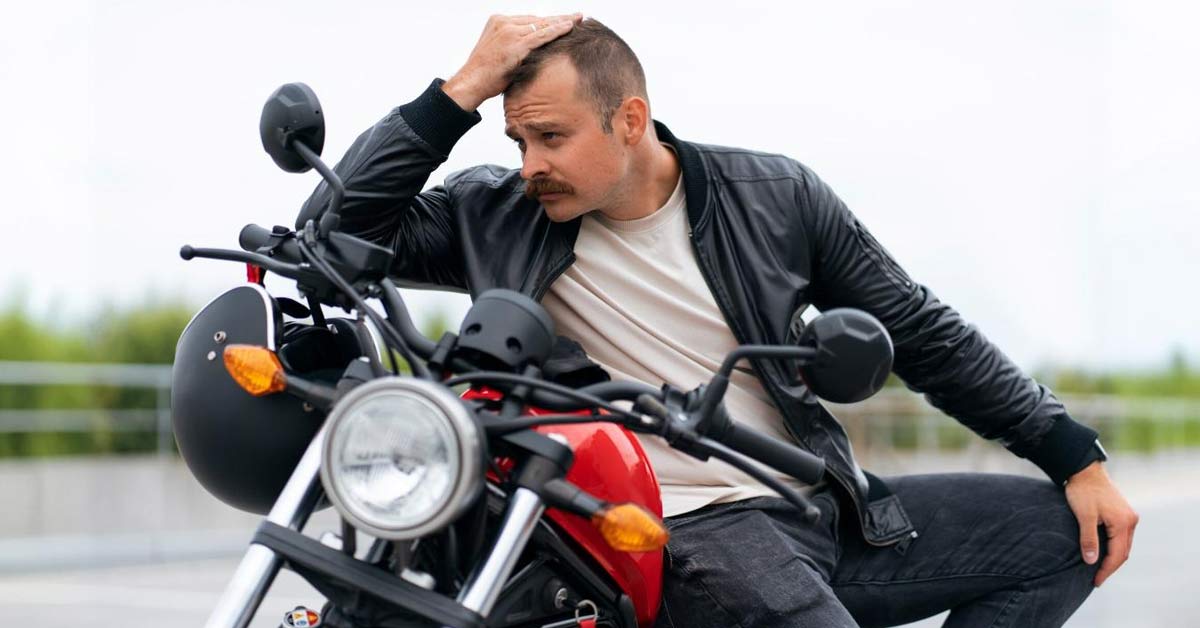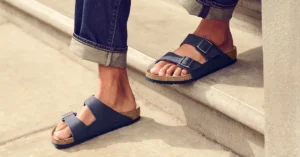When a motorcycle accident happens, you might expect fair treatment when filing for compensation. Unfortunately, that’s not always the case.
Many people hold unfair assumptions about motorcyclists, labeling them reckless or unsafe. These biases can harm your claim and make it hard to get the compensation you deserve.
So, how do you overcome this?
Let’s explore simple steps to fight motorcyclist bias and prove the truth about your case. We’ll also examine how the best motorcycle accident attorneys can assist you in this legal process.
Understanding Motorcyclist Bias
Motorcyclist bias comes from common stereotypes. Some people believe that motorcyclists always speed, take risks, or ignore traffic rules. These ideas often come from movies, media, or a lack of understanding about motorcycle safety.
Here’s the reality: Motorcyclists are often careful riders who follow the law. But when an accident happens, others may assume you’re at fault because you were on a motorcycle. This bias can affect police reports, insurance adjusters, and even jury decisions in court.
If you’re not careful, you might end up with less compensation than you deserve. The good news is that you can fight these unfair assumptions. The key is to present facts, strong evidence, and expert opinions to show the truth.
Steps to Overcome Motorcyclist Bias in Claims
1. Collect Strong Evidence
The first step is to gather as much evidence as possible. Facts are your best weapon against bias. They help prove what happened instead of relying on assumptions.
Here’s the evidence you need.
- Police Reports: Always get a copy of the police report. If there are mistakes, work with your lawyer to correct them.
- Photos of the Scene: Take clear pictures of the accident, vehicle damage, skid marks, and injuries. Photos show details others might miss.
- Witness Statements: Talk to anyone who saw the accident and ask them to share what they saw. Neutral witnesses can support your case.
- Videos or Surveillance Footage: Look for cameras nearby, like traffic cameras, security footage, or dashcams. These can prove who was really at fault.
When you have solid evidence, it’s easier to show that you were not to blame.
2. Use Expert Testimonies
Sometimes, facts need experts to explain them clearly. Expert witnesses help counter bias by focusing on the truth.
- Accident Reconstruction Experts: These professionals analyze the scene and explain exactly how the accident happened. They can show if the other driver was at fault.
- Medical Experts: If you’re injured, medical experts can prove the seriousness of your injuries and explain how the accident caused them.
- Motorcycle Safety Experts: These experts can address any unfair claims about motorcycle safety or behavior.
Experts give weight to your case. Their words help others see past bias and focus on the facts.
3. Show that You’re a Safe Rider
It’s important to prove you’re a responsible motorcyclist. Showing that you ride safely can help break down harmful stereotypes.
Here’s how you can do that:
- Wear the Right Gear: Show that you wore a helmet and proper protective clothing during the accident. It proves you care about safety.
- Follow Traffic Rules: If you were driving within the speed limit and obeying signs, gather evidence to prove it.
- Keep Maintenance Records: Records showing regular motorcycle maintenance help fight claims that your bike was unsafe or poorly maintained.
When you highlight your safe riding habits, it’s harder for others to blame you unfairly.
4. Focus on the Facts, Not Assumptions
Bias often comes from assumptions, not facts. You can’t let those assumptions take over your case. Stick to the truth and back it up with evidence.
For example:
- If someone claims you were speeding, show evidence of your speed with a police report or accident reconstruction.
- If they say motorcyclists are reckless, present proof of your safety gear and responsible actions.
Always focus on the details of the accident. Stay calm, stick to the facts, and let the evidence speak for itself.
How Motorcycle Accident Lawyers Can Offer Their Support
Not all lawyers understand motorcyclist bias, so it’s important to choose someone experienced with motorcycle claims. A skilled lawyer knows how to challenge bias, present evidence, and handle tough questions from insurance companies or the court.
Your lawyer can:
- Correct mistakes in police reports or witness accounts.
- Use experts to strengthen your case.
- Negotiate with insurance adjusters who might offer less compensation based on unfair stereotypes.
Having the right lawyer on your side can make a big difference in overcoming bias and securing fair treatment. That’s why it’s essential to seek out the best motorcycle accident lawyers (or Mejores Abogados De Accidentes De Moto if you speak Spanish). These professionals understand the unique challenges motorcyclists face and have a proven track record of fighting for fair compensation.
These specialist attorneys don’t just bring legal expertise; they bring a deep understanding of rider culture and the prejudices that can come into play during a claim. With their help, you can feel confident that your voice will be heard and your rights protected every step of the way.
Conclusion
Overcoming motorcyclist bias isn’t easy, but it’s possible. By gathering strong evidence, working with a legal professional, and proving that you’re a safe rider, you can fight back against unfair stereotypes.
Stay focused on the facts, and don’t let bias get in the way of the compensation you deserve.





